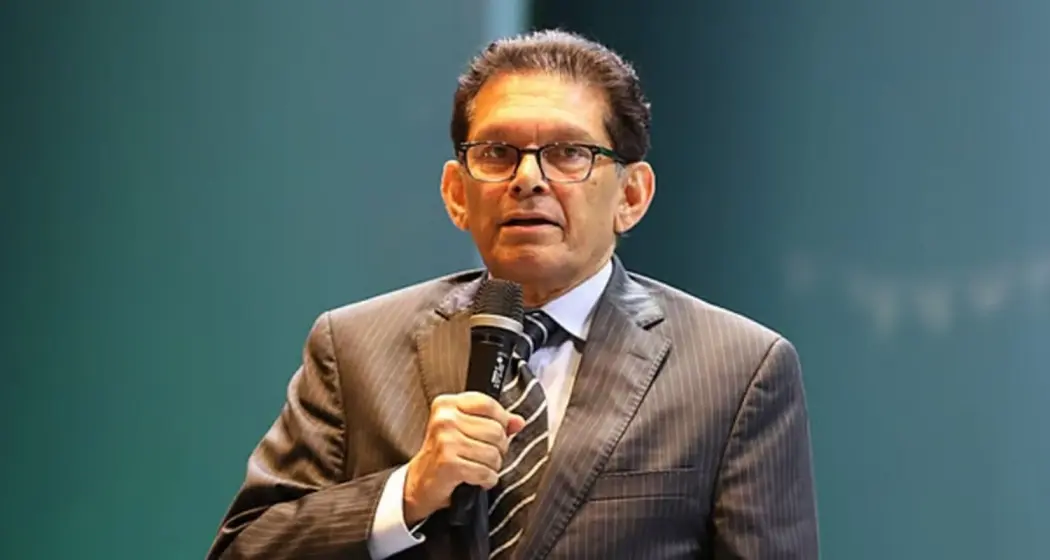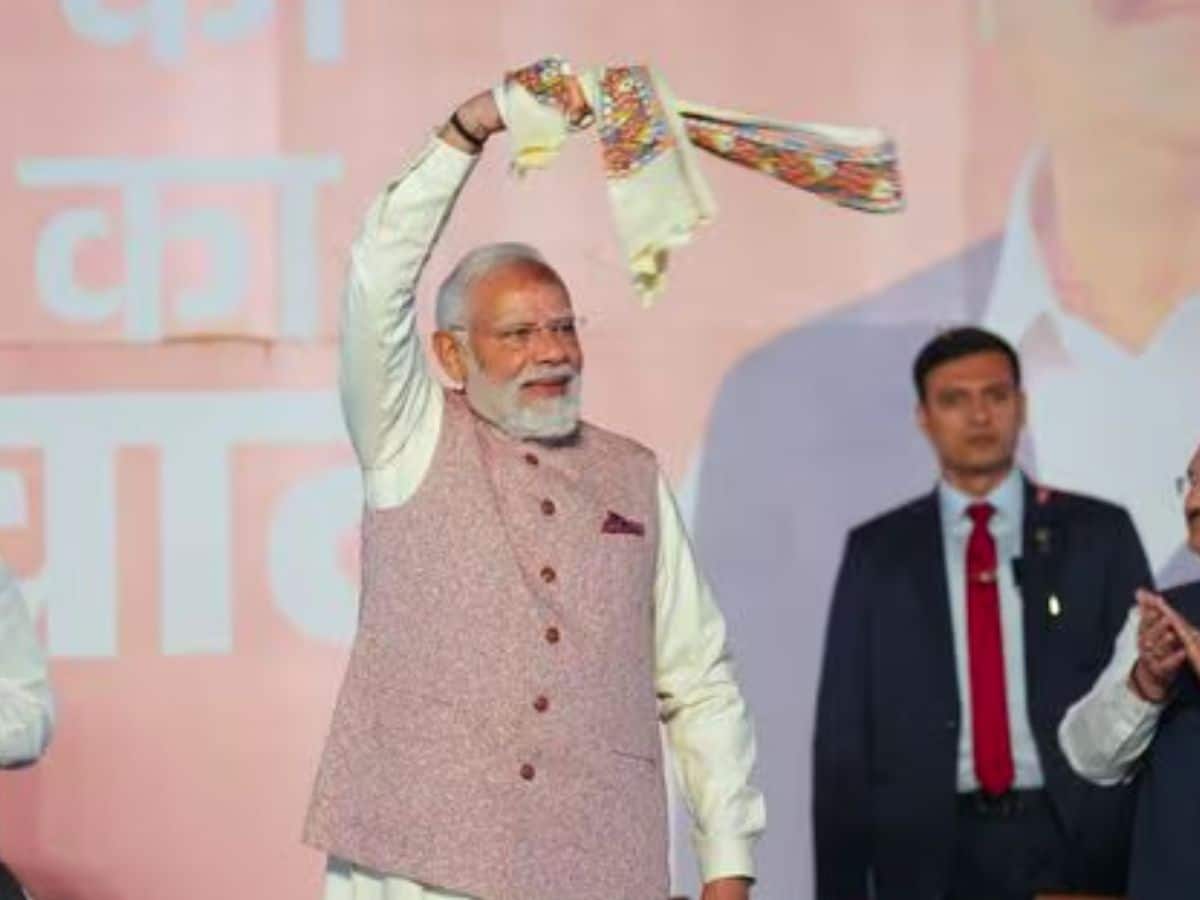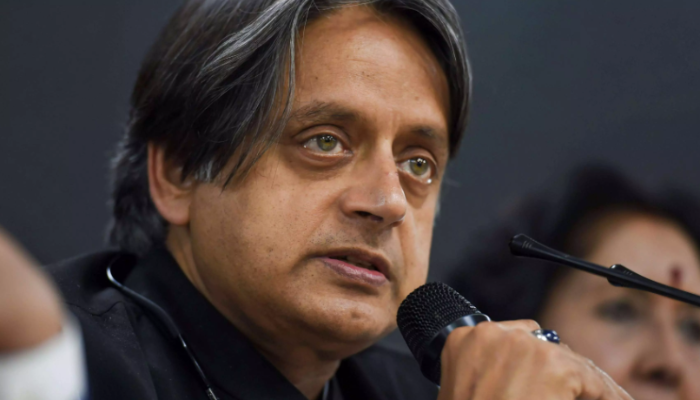A rare meeting between the National Security Advisors of India and Bangladesh in New Delhi on November 19 — held just a day after former Bangladesh Prime Minister Sheikh Hasina was sentenced to death by a tribunal — has sparked speculation about a possible reset in strained bilateral ties. The visit surprised many, given India’s stated stance of not engaging officially with Bangladesh’s “unelected” interim government. Neither side confirmed whether Dhaka’s demand for Hasina’s extradition came up during the talks.
Bangladesh officials declined to comment on whether the sensitive issue surfaced, even though the meeting took place on the sidelines of the Colombo Security Conclave (CSC). In his address at the conclave, Bangladesh NSA Khalilur Rahman said the country remained committed to “finding common ground” based on “mutual trust and openness.”
A Sign of Thaw — and Uncertainty
Rahman, attending the CSC as an invitee, also held a bilateral meeting with India’s NSA Ajit Doval. The two discussed the conclave’s initiatives as well as bilateral issues. Rahman invited Doval to visit Bangladesh — an overt gesture suggesting both sides are trying to rebuild working ties despite political strain back home.
But concerns linger. India has watched with unease as Pakistan attempts to fill the diplomatic vacuum: two high-level Pakistani military delegations visited Dhaka in late October and early November.
Doval himself hinted earlier this month that India is reassessing recent political changes in its neighbourhood, calling regime shifts in Bangladesh, Nepal, and Sri Lanka outcomes of “bad governance.” Rahman, in turn, expressed solidarity with India, condemning the Red Fort blasts as “heinous.”
Still, friction persists. One source said the Bangladesh High Commissioner’s request to travel within India has been pending at the Ministry of External Affairs for over two months.
The Misinformation Battle
Dhaka has repeatedly raised concerns about disinformation targeting Bangladesh, both domestically and from abroad. While Rahman avoided naming India directly at the conclave, he underlined the urgent need to counter “cybersecurity challenges, misinformation, and disinformation,” urging the CSC to take coordinated action.
Bangladesh’s interim government has earlier accused India-based social media accounts of spreading fabricated reports — particularly about alleged attacks on Hindu minorities. Chief Adviser Muhammad Yunus claimed Indian media greatly exaggerated the situation.
Bangladeshi fact-checker Rumour Scanner has previously documented at least 13 false reports about Bangladesh circulated by 49 Indian media outlets between August and December 2024.
Looking Ahead to 2026 Elections
Bangladesh is expected to elect a new government in February 2026. Analysts say India must adapt to Dhaka’s evolving political landscape rather than viewing it solely through a security lens.
“Dialogue must be the first step,” writes Zillur Rahman in the Daily Star, arguing that both sides need high-level engagement and collaborative frameworks to address border, trade and security challenges. “Countermeasures or retaliation would not work.”
For now, Dhaka’s NSA visit to Delhi marks a significant attempt at course correction — but whether it leads to genuine reset depends on how both nations navigate unresolved demands, hostile narratives, and shifting regional dynamics.




